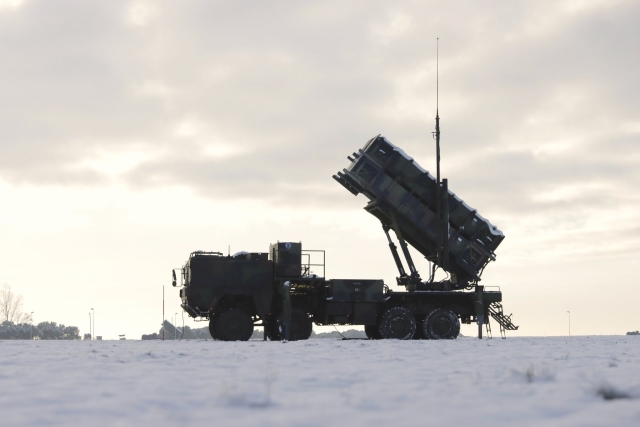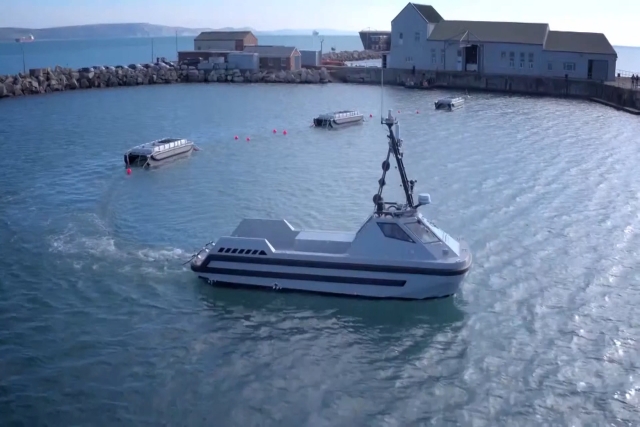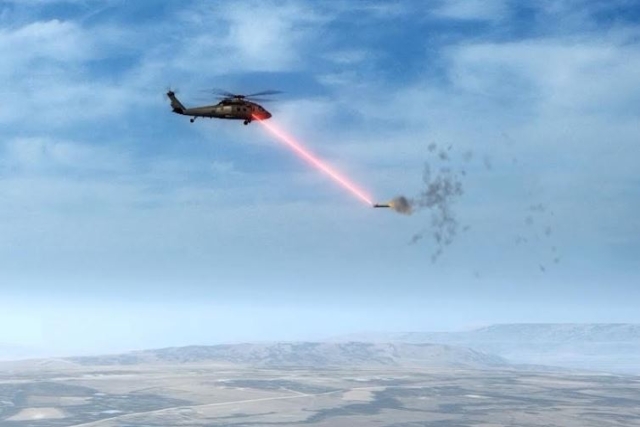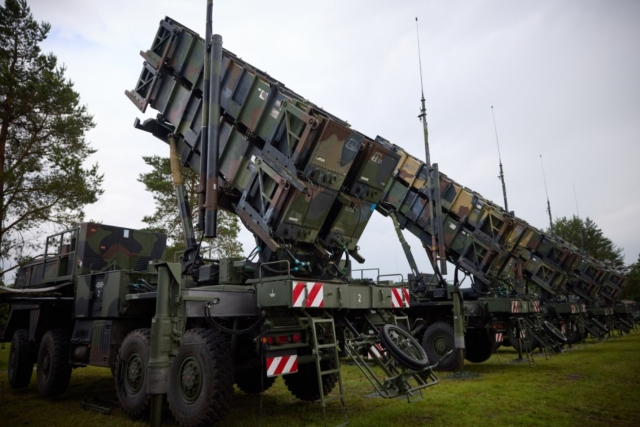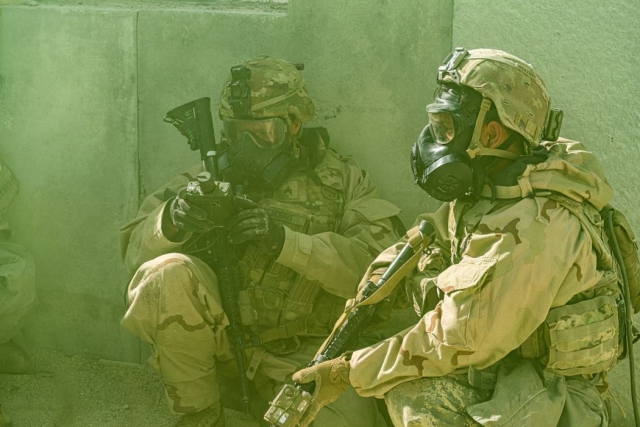Raytheon Awarded $1.2B Contract for Additional Patriot Systems for Germany
This marks the second order of Patriot systems for Germany in 2024.

Raytheon, an RTX business, has been awarded a $1.2 billion contract to supply Germany with additional Patriot air and missile defense systems.
This marks the second order of Patriot systems for Germany in 2024.
The contract will provide Germany with the most current Patriot Configuration 3+ radars, launchers, command and control stations, along with associated spares and support. These additions aim to enhance Germany's existing air defense infrastructure.
Patriot systems, also utilized by Ukraine, are designed to counter long-range cruise missiles, tactical ballistic missiles, and other air-breathing threats.
In a statement on July 11, Germany said it recently approved the purchase of four PATRIOT systems and corresponding guided missiles. These systems partly replace equipment delivered to Ukraine. The Bundeswehr's acquisition of the systems will cost nearly €1.4 billion ($1.5 billion). The new units will be delivered gradually until 2030 and include radar equipment, fire control stations, launchers, power supply, combat control systems, and technical support. The purchase also includes numerous guided missiles, to be delivered in cooperation with NATO allies by 2026. Denmark, the Netherlands, and Norway are contributing to the costs as part of a federal initiative to support Ukraine and replenish their own stocks. Germany's share of this cost is almost €200 million ($216 million).
Key German decisions taken at NATO Summit
Germany is part of several capability coalitions, focusing on ammunition, air defense systems, and armored vehicles. Sixteen countries are committed to strengthening Ukrainian air defense, with Italy recently joining the Capability Coalition Integrated Air and Missile Defence.
Defense minister Boris Pistorius signed an agreement to participate in the drone capability coalition led by Latvia and Great Britain to procure first-person viewer drones for Ukraine. Germany and eight partner countries agreed to collaborate on sea mines in the Baltic Sea for security and deterrence. European cooperation aims to close the capability gap in long-range stand-off weapons, with Germany working with France, Great Britain, and others. The weapon systems from the Deep Precision Strike category (DPSDeep Precision Strike) have ranges of over 500 kilometers.
Germany is now part of NATO's Alliance Persistent Surveillance from space (APSS)initiative, contributing satellite image data. This data supports NATO's military missions and operations by providing government satellite image data through Bundeswehr’s SAR-Lupe and SARah reconnaissance satellite systems.
Pistorius also signed an agreement for military use of modern IT technologies, including cloud services. Additionally, Germany agreed with Norway and Canada on a trilateral maritime security partnership for the North Atlantic, signaling shared responsibility and burden-sharing to the USA.
